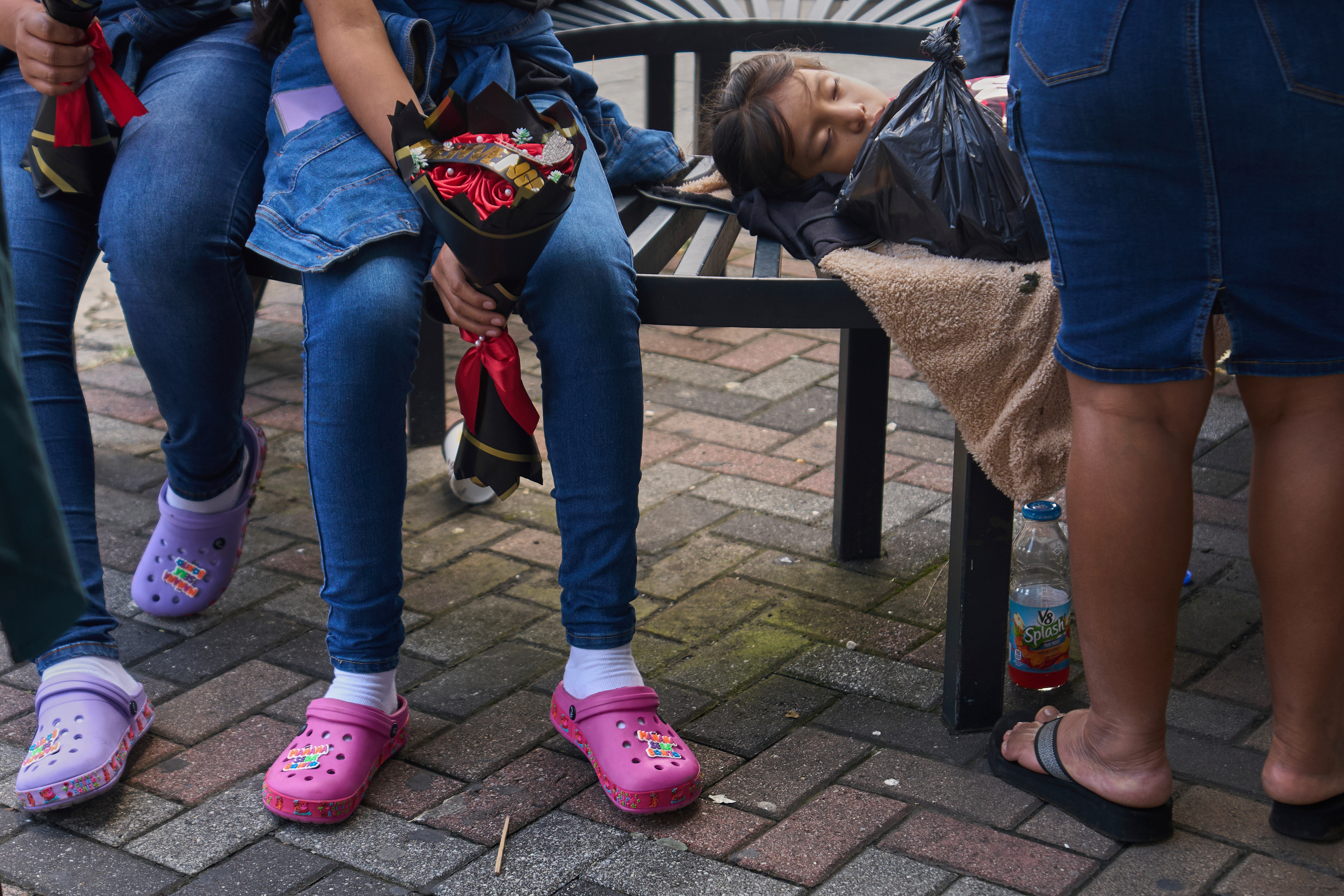A federal judge has extended measures preventing the deportation of unaccompanied Guatemalan children residing in U.S. shelter and foster care. The move temporarily blocks federal efforts to remove these minors who arrived in the country alone and are now protected by the court’s ruling.
Judge extends temporary measures protecting Guatemalan children from deportation

Key Takeaways:
- A federal judge’s ruling continues existing safeguards against the deportation of unaccompanied Guatemalan children.
- These minors are currently housed in government-run shelters or foster care.
- Judge Timothy J. Kelly’s decision specifically affects children who traveled alone.
- The ruling temporarily prevents actions to deport these minors.
- The outcome underscores the court’s role in shaping U.S. immigration policy for vulnerable populations.
Background of the Case
A federal judge in Washington, D.C., has temporarily preserved measures that protect Guatemalan migrant children from deportation. The children affected by this decision are those who arrived in the United States without parents or guardians and are currently under the care of government shelters or foster agencies.
The Court’s Decision
Judge Timothy J. Kelly made his ruling on a Saturday, opting to keep in place the safeguards that stop the government from removing these unaccompanied minors. By extending these protections, the court ensures that the children remain in stable living situations while their legal status is further evaluated.
Implications for Guatemalan Children
The judge’s order directly impacts Guatemalan children who entered the country alone. Many are housed in shelters or placed with foster families. With the extension, these children are spared from immediate deportation, offering them continued access to basic services and legal assistance during their stay.
Broader Context
This latest court decision is part of a continuing legal debate over how the United States handles minors who arrive at its borders unaccompanied. The temporary measures reflect wider tensions within the nation’s immigration policy and illuminate the judiciary’s power to provide interim relief to vulnerable populations. While the future remains uncertain, these children currently benefit from the protections reinforced by Judge Kelly’s recent ruling.











